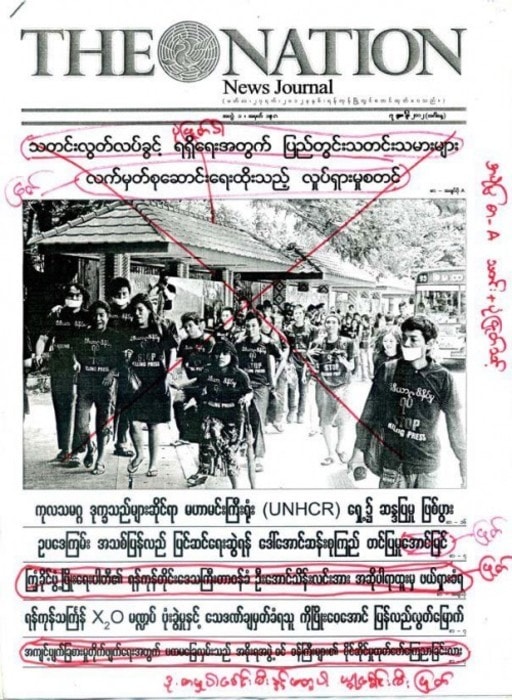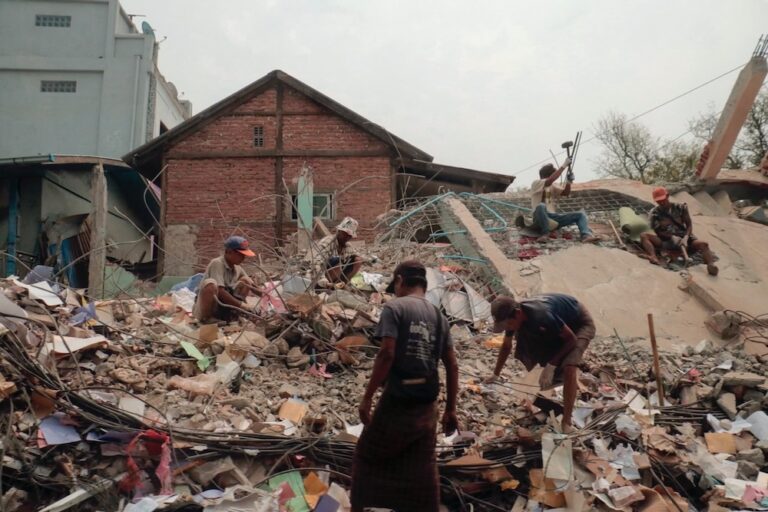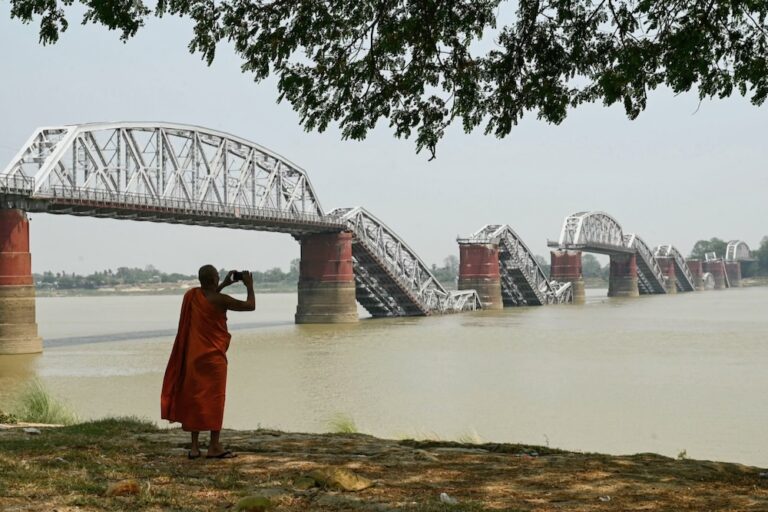The Burmese government's announcement that, after decades of harsh censorship, it is lifting pre-publication censorship was greeted with a mixture of jubilation, shock and scepticism.
On 20 August 2012, the Burmese government lifted prior censorship for all media except films, according to an announcement on the government’s Press Scrutiny and Registration Department (PSRD) website. Local journalists greeted the announcement with jubilation and to some degree a sense of shock and disbelief after decades of harsh censorship, reports Mizzima News.
IFEX members, such as ARTICLE 19 and Reporters Without Borders, welcomed the long-promised censorship reform but at the same time expressed concern that a number of repressive regulations remain in effect. The Committee to Protect Journalists (CPJ) referred to the abolishment of the prior censorship as “a partial measure in addressing the country’s restrictive practices.”
Pre-publication censorship – applied in the past to everything from newspapers to song lyrics, fiction, poems and even fairy tales – was one of the repressive methods of control used by the military junta, which handed over power to an elected Parliament in 2011, reports Mizzima News. The time-consuming requirement forced all news publications in Burma to publish on a weekly rather than daily basis and resulted in the censorship of a wide range of topics deemed as sensitive by the previous military and current quasi-civilian governments, according to CPJ’s research.
Tint Swe, deputy director of the PRSD, told Mizzima that 86 newspapers and 55 magazines, along with calendars, postcards, greeting cards and other printed material, will be affected by the 20 August ruling. Editors will no longer need to submit advance copies of their publications for government review. ARTICLE 19 explains, however, that journalists will still have to provide their articles to the censorship board after they have been published, retaining the threat that the government could punish them if they find the content to contradict Burma’s many vague laws controlling what can and cannot be published.
Ko Ko, the general secretary of the Myanmar Journalists Association, told Mizzima News that media personnel will need to be more accountable for their articles under the new policy. “There will be accountability, along with freedom of the press. Under press freedom, if a story is written indiscriminately [not factually], there will be many problems,” Ko Ko said. “[If a story harms] people or organizations, they will file lawsuits. In the countries that have freedom of the press, that is common.”
“Until the Burmese government undertakes thorough reform, journalists are still at risk of censure and the free flow of information cannot be guaranteed,” CPJ stated in a press release. RSF echoed concerns that other, inappropriate measures will be adopted as an alternative form of post-publication censorship.
CPJ is calling for the repeal of all laws that continue to allow suppression of news in the name of national security, while RSF notes that it will closely monitor the drafting of an announced new press law and the role a newly formed Press Council will play. On 9 August, the government formed the “Core Press Council,” which was met with general disapproval by working journalists who said they had little input into the formation of the government-backed group, Mizzima News reports. RSF argues that the council must be fully independent of the government, while the media and journalists’ associations must be fully involved in the press law’s drafting.
At the same time, a number of Burmese writers and journalists, along with CPJ and RSF, and even the US State Department, urge authorities to completely dissolve Burma’s censorship agency, the PSRD. Its dissolution was already announced in October 2011 but has not yet been carried out, RSF reports.
For decades, Burma had been regularly listed among the world’s most censored countries. Since taking office last year, President Thein Sein, a former general, has overseen sweeping, dramatic changes such as the release of hundreds of political prisoners and the election of opposition leader Aung San Suu Kyi to Parliament, according to Mizzima News.
The West’s relations with Burma have taken a positive turn since the country’s democratically elected government implemented a set of reforms and displayed a positive approach toward the pro-democracy opposition. Today the government is moving rapidly to implement a range of democratic reforms that would have been inconceivable two years ago, reports Mizzima.



